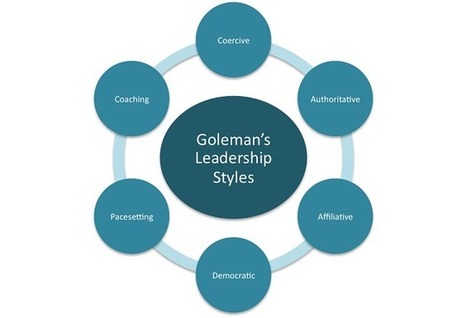Getting smart people into your company is hard enough. Turning them all into great collaborators and risk-takers is even harder. Even on the most high-performing teams, coworkers don’t just openly share feedback and challenge each others’ ideas all on their own–managers need to create a culture that encourages this. And that usually requires building your team’s collective emotional intelligence. Here are a few straightforward (and entirely low-tech ways) to get started.
Via The Learning Factor



 Your new post is loading...
Your new post is loading...


























There’s no single hack for improving your team’s collective emotional intelligence. As a manager, it’s the small habits you perform and encourage that ripple outward.
The freedom to question the status quo and bring up new ideas can clear the way for building interpersonal connections that every emotionally intelligent person needs.